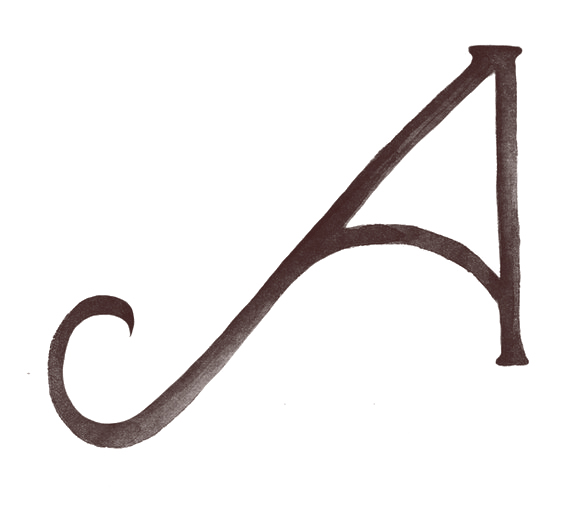Plan to get rich from your book? Read this first.
Recently a couple of people I've known for a short time learnt that I am a 'published author'.
Immediately I felt a glow about me as my reputation in their eyes went up a couple of notches.
The aura didn't last long. Unfortunately I knew the truth: that my newfound esteem was misplaced. My new friends had fallen for the Great Author Myth.
There's always been a strange glamour associated with being an author, particularly a published author, i.e. a writer who a so-called 'trade' publisher has recognised as being worthy. It's this glamour that gives a book its power to bestow immediate credibility on its creator – something that also applies to a well-prepared self-published book. It also generates, in the minds of many, the notion that publishing a book is a good way to make money.
Here lies the myth, on both counts.
The great author myth
First, most writers will tell you that the glamour is undeserved. Authors are ordinary people who happen to have and use a particular skill. The fact that writing (like acting or being an elite sportsperson) is a public skill doesn't make that skill any more worthy than any other.
Second, the vast majority of writers make very little money directly from their books. In fact, if you were to count the time that goes into writing a book, most authors – trade published or self published – are probably earning well below the minimum wage.
This point was brought to the fore in a couple of articles recently published in the Fairfax media. The first was analysis of ATO data showing average income for a wide range of professions. That data suggested that authors earn, on average, just over $62,000 per annum, a smidgeon over the average annual wage.
The second article delved into this statistic a bit more, after a number of authors questioned its validity. They pointed to another report, from Macquarie University, showing that authors earn an average of only $12,900 a year from their writing – with many earning much, much less. It turns out that when the average author earns $62,000, most of that income is coming from jobs on the side, related or unrelated to writing.
What does this mean for those who want to publish their own non-fiction book, such as a business book or memoir?
A reality check
Whether you write a book yourself or pay a ghostwriter to do it for you, there will be a cost (in time or money) and that cost is going to take a while to offset – whether you are trade published or self publish. If you self publish there are the additional costs of producing your book.
That's not to say that your book can't be profitable. The trick is to use the credibility that comes with the book to help you derive extra income from other sources. In the case of a business book – say by a consultant – your book only has to help you win one or two good jobs and you might already be in the black. A memoir, too, might help you get paid gigs as a speaker. Or it might just help you stand out from the crowd with your next job application.
It's not just about the money
Regardless of the financial reward, having a book with your name on the cover is enormously rewarding, so I don't want to discourage you from pursuing your writing goals. There's more to it than the money. However the financial realities are something about which you should have a clear understanding before you launch into your publishing project.
(Next time I'll post about the economics of book publishing.)
May your words pour onto the page,
(This blog post originally appeared on David Brewster's website, link here.)
Image by Paul Morris.


